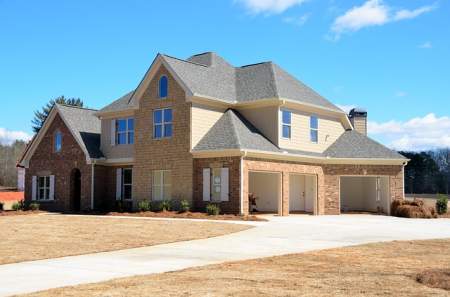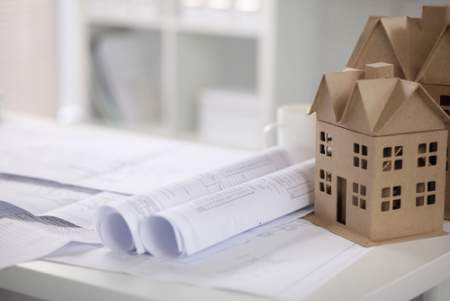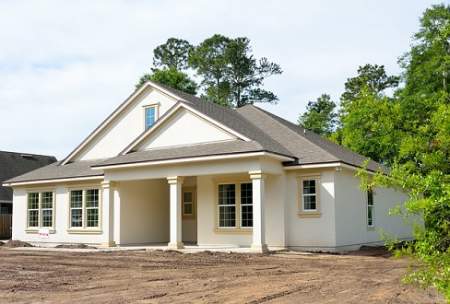The real estate market can seem endless and difficult to navigate when you’re shopping for a new home. The first thing you need to decide is whether you’re going to look for a new construction property or a home that is already established.
The real estate market can seem endless and difficult to navigate when you’re shopping for a new home. The first thing you need to decide is whether you’re going to look for a new construction property or a home that is already established.
- New Construction vs. Established Homes for Sale
- How Can a Real Estate Agent Help?
- How Do I Find a Reputable Builder?
- Can I Choose My Neighborhood and Lot?
- Will I Have to Join a Homeowner's Association?
- What About Upgrades for New Construction Homes?
- Negotiating Terms with Builders
- Inspections, Completion Dates & Contracts
New Construction vs. Established Homes for Sale
While it seems like the most cost-effective option, buying a home that is established is not always the best choice. Existing homes may require more when it comes to repairs and renovations than would a new construction home when it comes to unexpected break-downs and system failures.
The warranty will cover things like the flooring, walls, doors, plumbing, electrical components, and structural elements. In fact, the warranty may cover some items past the first year, which can save you thousands of dollars when it comes to repairs.

If you’re looking for a home with a bit of history, an established home makes perfect sense. However, if you’re looking for a chance to totally customize your home from the start, a new construction home may be the right choice for you.
How Can a Real Estate Agent Help?
When buying a new construction home, a real estate agent can help you find a home that suits your needs in the same way they would when shopping established homes. They will be with your during home tours, help you navigate paperwork, and handle negotiations with the builder.
How Do I Find a Reputable Builder?
Many real estate agents have a preferred list of reputable builders they can recommend. These builders have a proven, positive track record that can offer some assurance as you move forward.

You can search the builder on the Better Business Bureau and search for reviews on Google or Yelp. Taking some time to do a bit of research can save you time and money down the road.
Can I Choose My Neighborhood and Lot?
It’s not usual to find planned communities that feature only new construction. In these cases, there are specific home designs that are meant for those neighborhoods and can’t be found elsewhere.
Will I Have to Join a Homeowner’s Association?
Many new communities do have a homeowner’s association that charges residents a fee to help maintain the community standards. The fees go towards upkeep and often provide amenities like pools and parks.

The representative for the community will be able to tell you if there are requirements to join the homeowner’s association. If your new construction home is on an independent piece of land, you most likely will not have to join an association.
What About Upgrades for New Construction Homes?
One of the best parts about buying new construction is that you have a choice when it comes to what is included in the home. You may be given options when it comes to upgrading counters, flooring, fixtures, and appliances.
Negotiating Terms with Builders
When signing a contract with your builder, it’s best to have your real estate present to work through the terms of the contract. Some contract terms may be negotiable.
Terms of the contract you may want to consider for negotiation are move-in dates, inspection details, and warranty visits. On your own, you may feel pressured to accept terms as they are written, but your real estate agent has experience in these matters and can help.
Inspections, Completion Dates & Contracts
During the construction of your new home, the builder will have inspections that are rigorous and meant to catch any issues. These inspections are typically done by city inspectors, but you may want to hire private inspectors if you have concerns.

You will be given an estimated completion date by the builder that may get changed throughout the process if different construction phases get stalled. Be sure to discuss these issues with the builder and be firm about your expectations and any penalties if those are net met.
